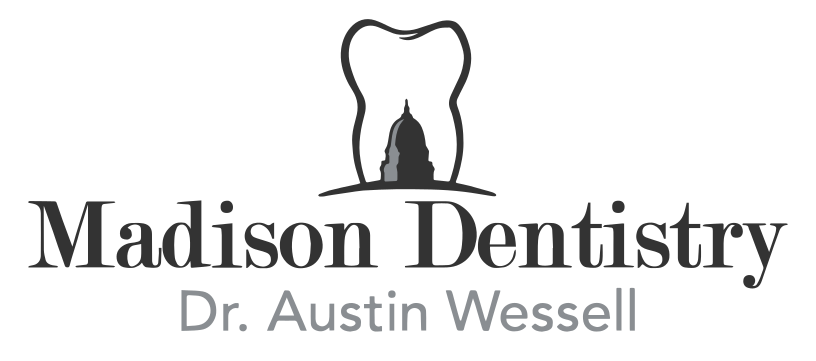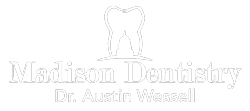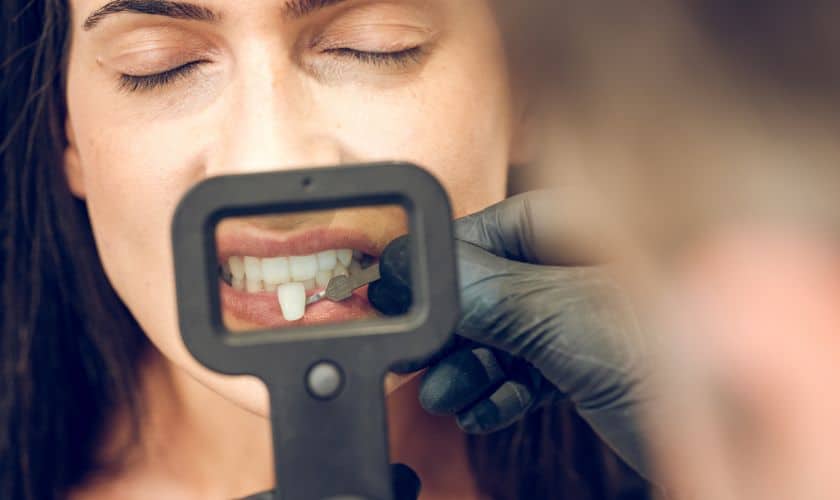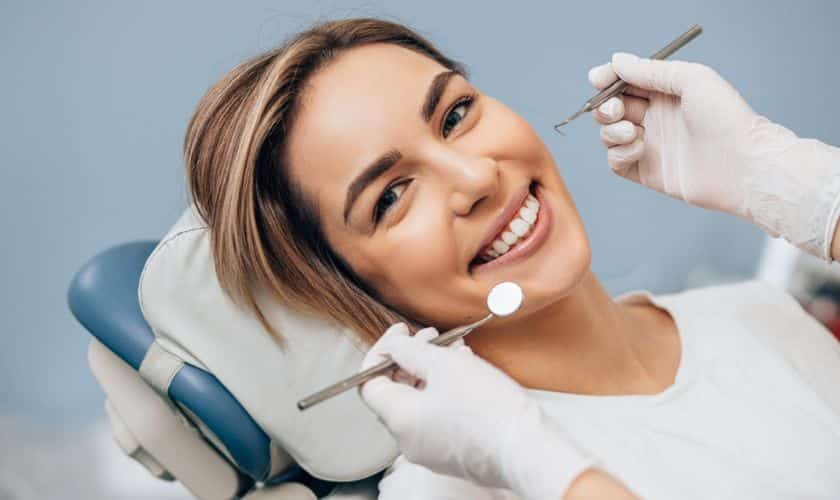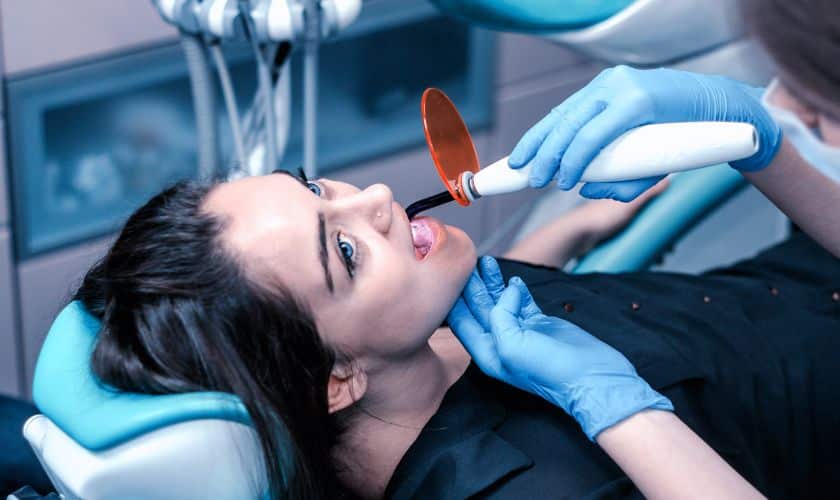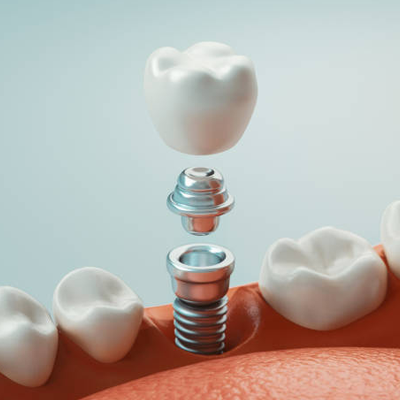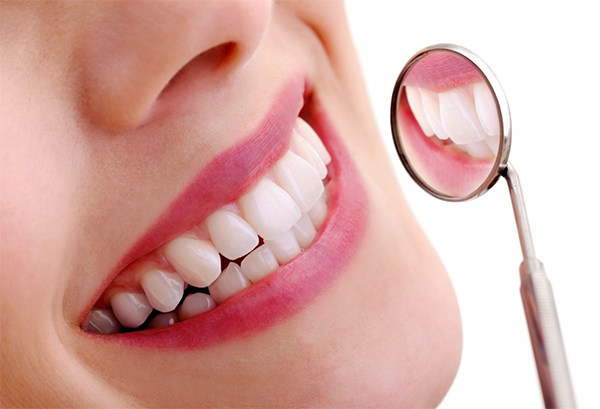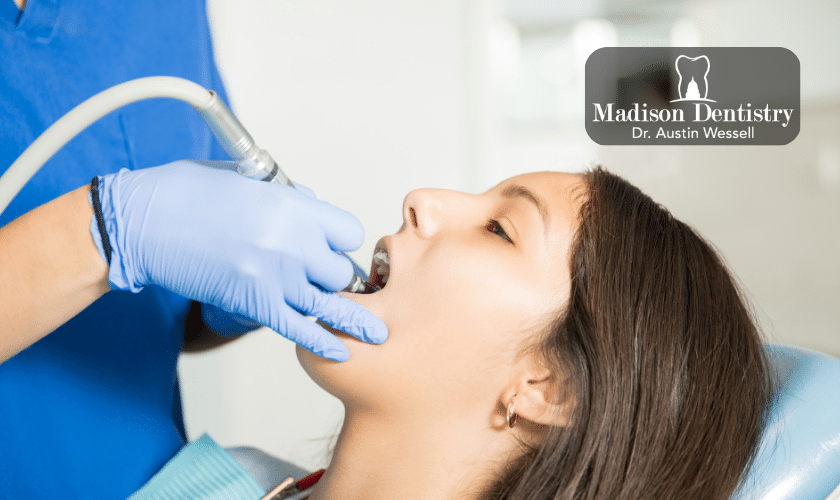
If you are considering full mouth rehabilitation and want to know if you are a candidate, this article is for you! We will discuss the criteria that need to be met to qualify for full mouth rehabilitation and the pros and cons of this procedure. Read on to find out if you can benefit from full mouth rehabilitation.
Introduction to Full Mouth Rehabilitation
Full mouth rehabilitation, also known as full mouth reconstruction or full mouth restoration, is restoring all teeth in both the upper and lower jaws. The goal of full mouth rehabilitation is to improve the function and appearance of the teeth while also correcting any underlying problems that may be causing pain or dysfunction.
There are many reasons why someone might need full mouth rehabilitation. Common reasons include:
-Severe tooth wear from acid reflux or bruxism (teeth grinding)
-Missing teeth
-Severely decayed or damaged teeth
-Misaligned teeth
-Jaw pain or TMJ disorders
If you are experiencing any of these problems, you may be a candidate for full mouth rehabilitation. During your initial consultation, your dentist will evaluate your oral health and make recommendations based on your specific needs.
Full mouth rehabilitation can be a complex and multi-phase treatment, but the end result is often a beautifully restored smile that functions better than ever before!
What is Full Mouth Rehabilitation?
Full mouth rehabilitation treatment is a comprehensive approach to improving the function and aesthetics of your smile. It can correct many dental problems, including tooth decay, gum disease, tooth wear, and misshapen teeth. It can also be used to improve the bite (occlusion), and to address TMJ disorders.
Full mouth rehabilitation typically involves dental procedures, such as teeth whitening, bonding, veneers, crowns, implants, and orthodontics. The exact treatment plan will be tailored to your individual needs and goals.
If you are unhappy with your smile or have been experiencing persistent dental problems, full mouth rehabilitation may be right for you. A consultation with a qualified dentist or oral surgeon is the best way to determine if this type of treatment is right for you.
Who is a Candidate for Full Mouth Rehabilitation?
If you have multiple oral health issues that are affecting your quality of life, you may be a candidate for full mouth rehabilitation. This can include problems with your teeth, gums, and jaw. Full mouth rehabilitation is a comprehensive treatment plan that can address all of these issues and help you regain optimal oral health.
Full-mouth rehabilitation may be right for you if you are struggling with pain, difficulty eating, or other problems due to your oral health. Your dentist will work with you during full mouth rehabilitation to create a personalized treatment plan that meets your unique needs. This may involve a combination of dental procedures, such as tooth extractions, crowns, bridges, implants, and more.
If you think you may be a candidate for full mouth rehabilitation, the best way to find out is to schedule a consultation with your dentist. They will be able to assess your individual needs and determine if this type of treatment is right for you.
What Benefits Does Full Mouth Rehabilitation Provide?
Full mouth rehabilitation can offer many benefits to patients. These benefits can include an improved ability to chew and speak, increased comfort, and a more aesthetically pleasing smile. Full mouth rehabilitation can also help preserve the natural teeth and support overall oral health.
Types of Full Mouth Treatment Options
There are several types of full-mouth treatment options available to patients. The type of treatment that is right for you will depend on the severity of your dental problems and your overall health.
Some common full-mouth treatment options include:
Dental implants: Dental implant treatments are a permanent solution to missing teeth. They are titanium posts surgically placed into the jawbone and act as a support for artificial teeth.
Dentures: Dentures are removable artificial teeth that can be used to replace missing teeth. They are custom-made to fit your mouth and can be either partial or full dentures.
Bridge: A bridge is a fixed (non-removable) appliance that replaces one or more missing teeth. It is usually made of porcelain fused to metal or ceramic and is held in place by dental crowns on the adjacent teeth.
Inlays/Onlays: Inlays and onlays are indirect fillings made of composite resin, gold, or porcelain. They are used to restore decayed or damaged teeth. Inlays are fitted into the space inside the tooth’s chewing surface, while onlays extend over the tooth’s cusps (rounded portions).
Preparation for the Procedure
Before undergoing full mouth rehabilitation, it is important to consult with an experienced dentist or oral surgeon to ensure that you are a good candidate for the procedure. Once it has been determined that you are a good candidate, your dentist will develop a treatment plan specifically for you. This treatment plan will take into account your unique dental needs and goals.
Your dentist will thoroughly examine your mouth, teeth, and gums during the consultation and treatment planning process. X-rays may also be taken. This information will be used to develop a personalized treatment plan for you.
Once the treatment plan has been developed, your dentist will review all the details. This includes what to expect during and after the procedure and any risks or potential complications. You must understand all of this information before moving forward with full-mouth rehabilitation.
Aftercare and Follow Up Visits
After your full mouth rehabilitation, you will need to see your dentist or oral surgeon for follow-up visits. During these visits, your dentist will check your teeth and gums to ensure they are healing properly. He or she may also take X-rays to check your teeth’ progress and ensure the implants are still in place. You will likely need to see your dentist more often during the first few months after surgery, then less often over time.
You may have some discomfort after surgery, which is normal. Your dentist can prescribe pain medication if needed. You should also avoid chewing hard foods and brush and floss carefully to prevent infection. It is important to follow all of your dentist’s instructions after surgery to ensure a successful outcome.
Cost of Full Mouth Rehabilitation
Full-mouth rehabilitation costs vary depending on the severity of the dental condition and the number of procedures required. The average cost for a full mouth rehabilitation can range from $8,000 to $30,000. However, some insurance companies may cover a portion of the cost.
Conclusion
Full mouth rehabilitation is a great way to restore the look and functionality of your teeth, no matter what type of dental issue you are dealing with. It can be an intimidating process, but it doesn’t have to be. With the right dentist by your side, full mouth rehabilitation can give you back a beautiful smile that you deserve. If you think full mouth rehabilitation might be right for you, speak with your dentist today and find out if it’s a good fit for your needs!
